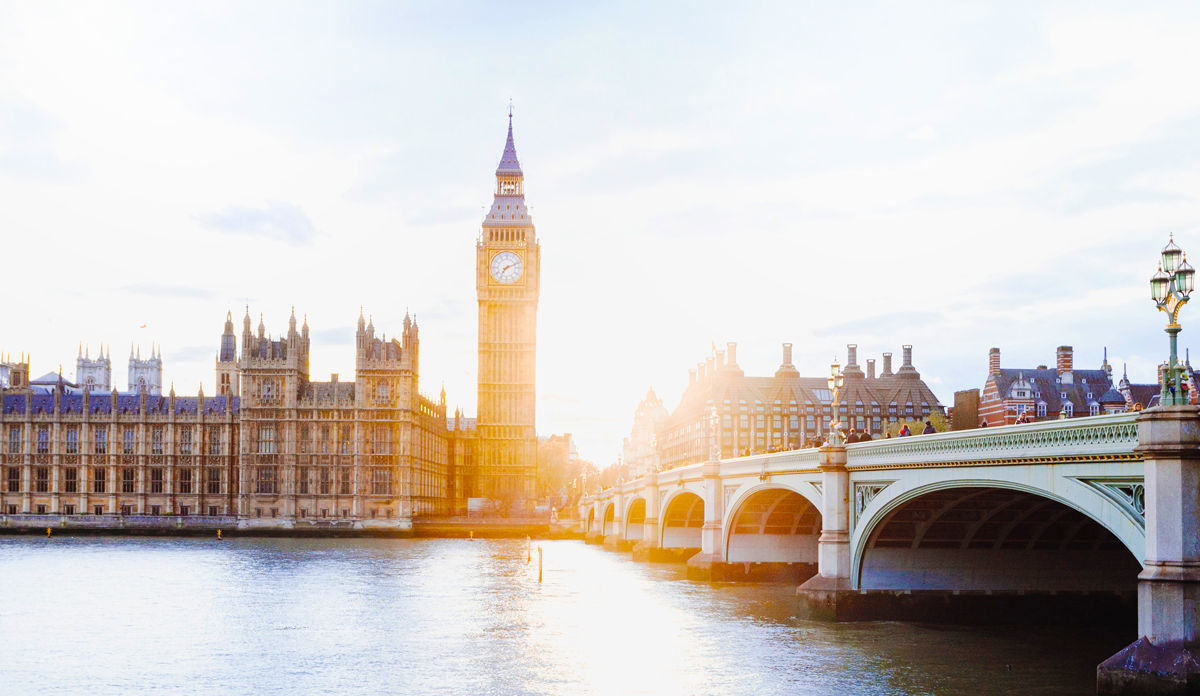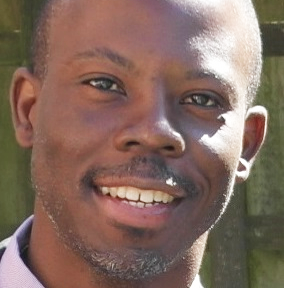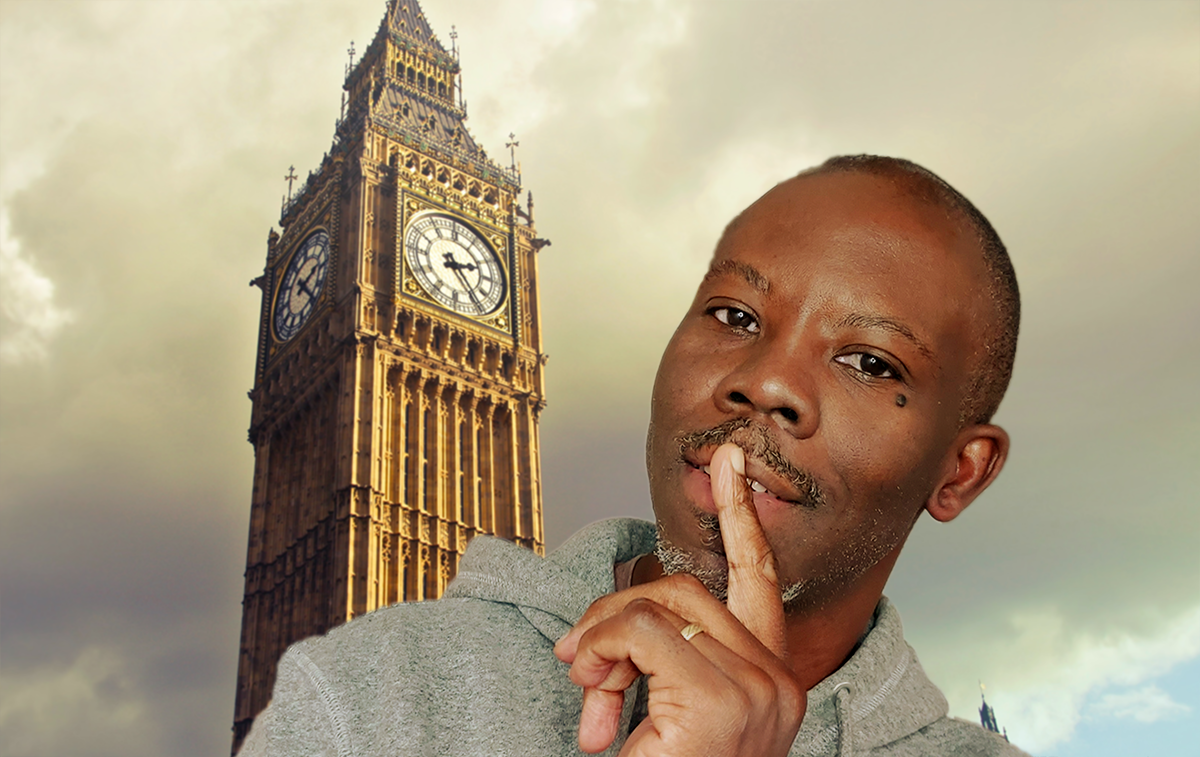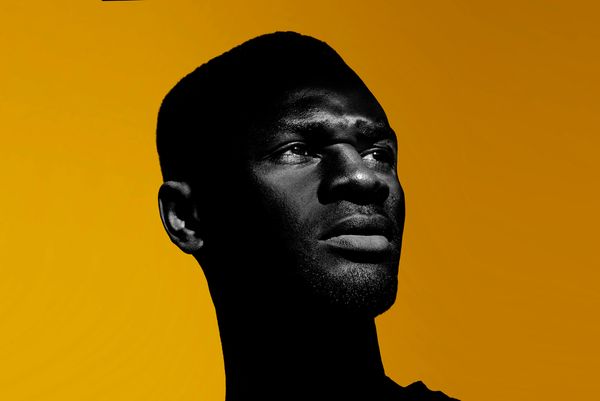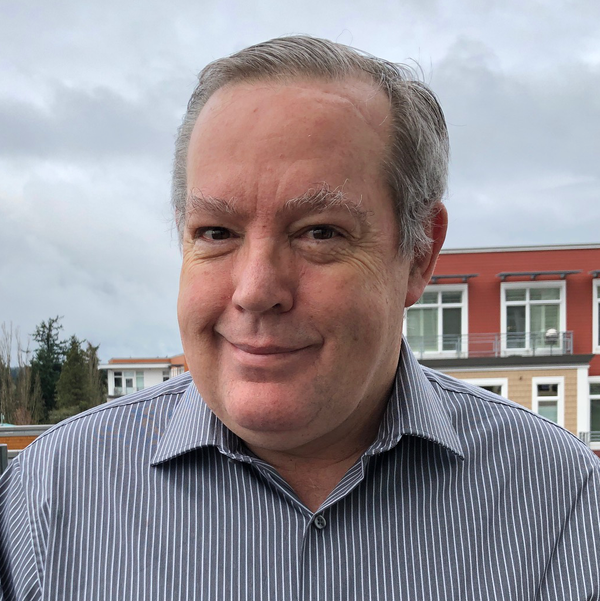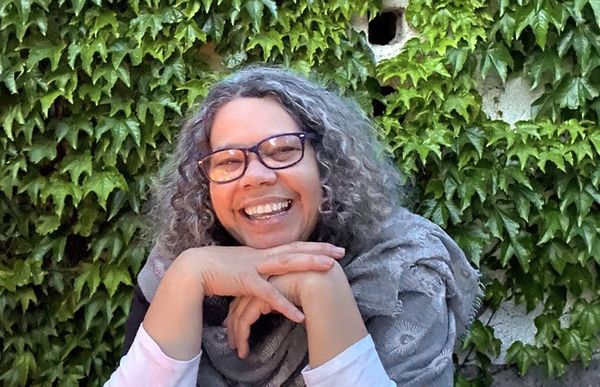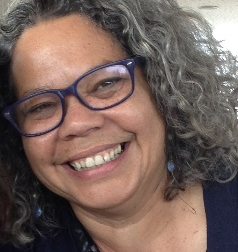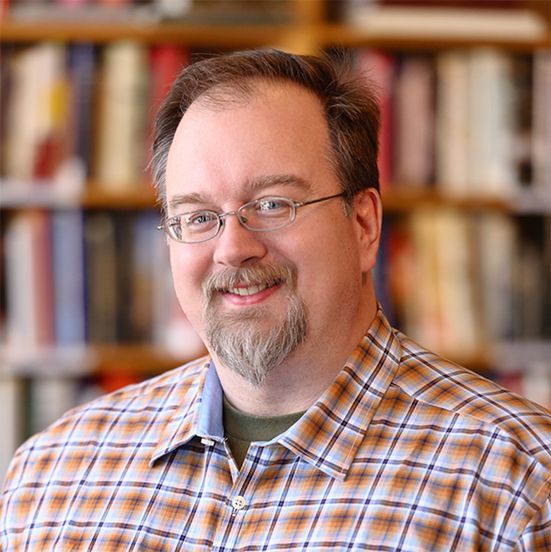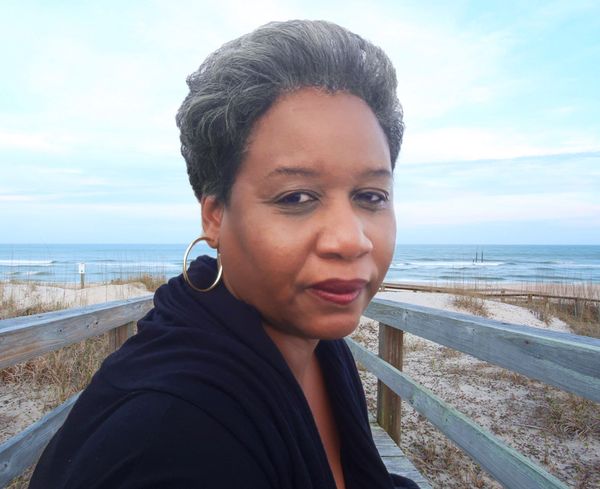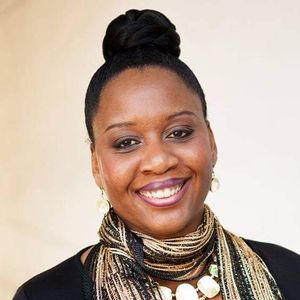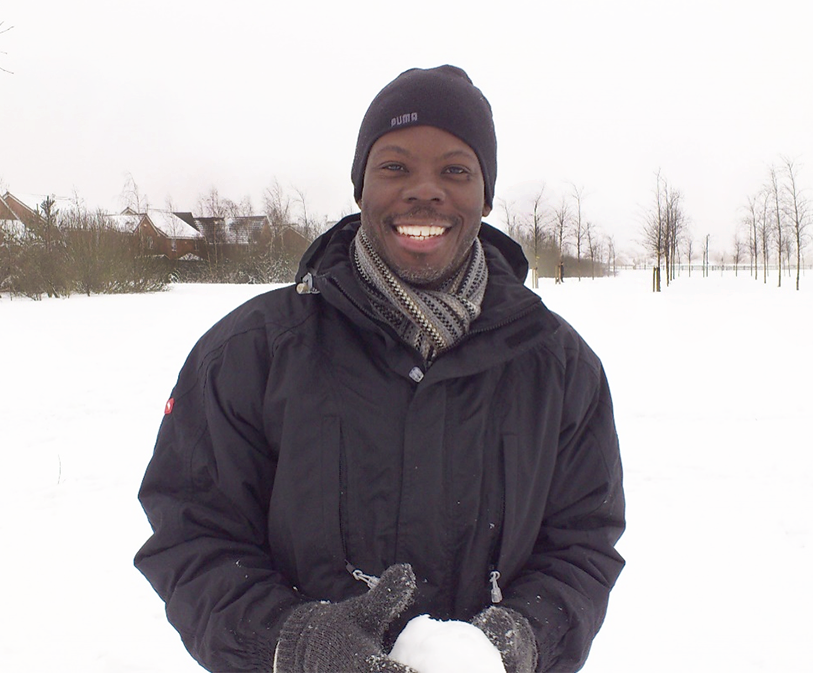
OHF Weekly In four sentences, how would you tell us you’re on Team Racial Equity without saying you're on Team Racial Equity?
Jesse Wilson I often imagine a world where the bold ideals of liberty, freedom, and justice are real and experienced for all. Where the energy it takes to live is not hijacked by surviving and having to navigate life because of the colour of your skin. In my bones and at a cellular level, I know this is the world where I want to live.
OHF Weekly What does being Black mean to you?
Jesse This month’s theme for Black History in the United Kingdom is “Proud to Be,” a celebration and acknowledgement of Black history and achievement. As a theme, it personally resonates with how I feel individually and collectively. Despite the challenges, the uncertainties, the disadvantages, and the need to navigate people and systems who hold disparaging and sometimes dangerous views, I know who I am, and I know how these experiences have shaped me to appreciate and look deeper into what it means to be me and what it means to be human. I see my Blackness as a gift, rich in history and promise, and one in which despite the world we live in, I see how People of Colour demonstrate resilience, and in many fields, thrive.
OHF Weekly What would you say helped shape your earliest views on race?
For much of my childhood, my parents, siblings, and I dealt with everyday living. We navigated the climate of being one of the only families of colour in a small village in the United Kingdom on the East Sussex coast. By virtue of where we lived, we were largely sheltered from the racial tensions of 1970s and 1980s Britain, but we were very much aware of the culture and the people to avoid and places not to go.
I remember consciously making decisions as a teenager to stick with the sciences and engineering because I could be objective.
OHF Weekly What was the moment you decided to write and publish your works for the world to read?
Jesse This moment arrived in two distinct waves. The first I remember occurred back in the summer of 2018 while on holiday. With my early morning coffee, I stumbled across Medium after reading essays from writers such as Nicholas Cole, Dan Moore, and Thomas Oppong. I think it was Thomas in particular, a Black UK-based writer who caught my attention and got me thinking, why not? What if I shared some of my thoughts and opinions? What if I shared my voice? I remember thinking writing could give me an escape and the career transition I was searching for.
Naturally, these thoughts came with immediate self-doubt because I was a person who always struggled with reading and writing essays. I remember consciously making decisions as a teenager to stick with the sciences and engineering because I could be objective. It suited my technical and analytical mind and did not require reading large volumes of text. The sciences and engineering meant I could study and learn facts and figures and not get messy and complicated with emotions and aspects of creativity.

So, when I got past the idea of writing, my next stumbling block came with the potential recognition in doing so. I asked myself could I and do I want to handle exposing myself to criticism, maybe even trolling? I pondered for a while, and then a few short weeks after I read the quote by Dita Von Teese, “You can be the ripest, juiciest peach in the world and there’s still going to be someone who hates peaches.” That quote and a few tepid writes gave me the courage to start and understand that no matter what I write, there will be someone, somewhere who will not like what I have to say. So I might as well write.
OHF Weekly In your opinion, what’s the biggest obstacle to people changing their race-based thinking and actions for a more equitable worldview?
Jesse This is the sort of question I love to ask but then find myself struggling to answer because the more I think about it, the more I recognise inequity persists because we are dealing with embedded systems, cultures, a mountain of complexity, and a forever-changing landscape. So, if encouraged to give my opinion, I would start with an idealist view centered around love and empathy, but the pragmatist in me would reduce our everyday reality to a collective fear and repeated failure to openly engage, recognise, and reconcile the past. This I believe is the biggest obstacle and failure which in turn deprives those who are living with the pain and trauma from being seen and heard. In parallel, this single failure conveniently affords those who are unaware or in denial to look without compassion and understand how we can move forward together.
OHF Weekly In your writing, you demonstrate a facility for American history—the American Civil Rights Movement in particular. How did this come about? What significance does the American Civil Rights Movement have for you as a Briton?
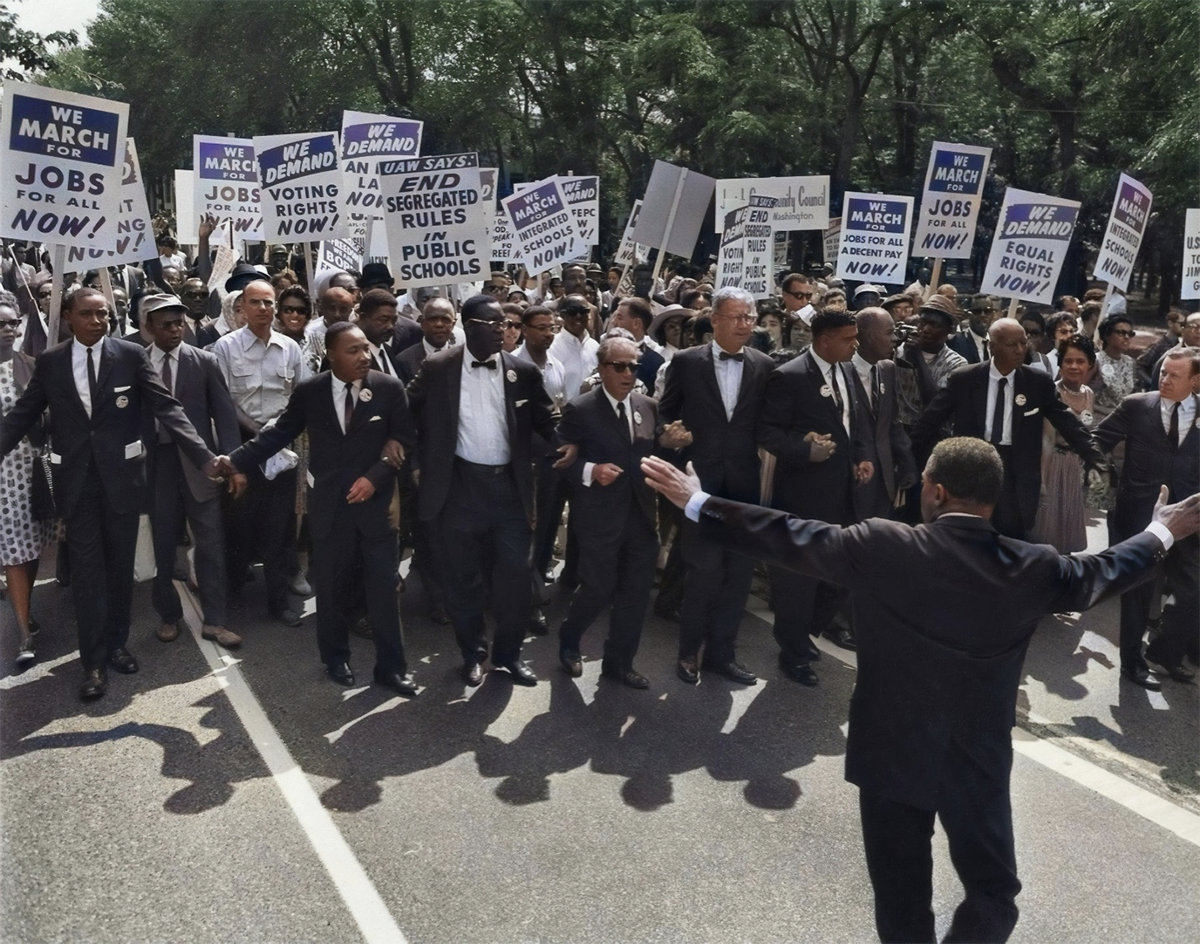
As a young child, I first became aware of Dr. Martin Luther King, Jr. through a conversation with my mother. The conversation was in response to school homework, which I do not think was directly about civil rights or race. But it was important enough for my mum to talk me through and educate me about the parallels here in the United Kingdom. I distinctly remember seeing my mum’s pride as she spoke and then later reading her handwritten notes about Dr. King and the freedom marches. This memory has always stuck with me because it conflicted with the information I had been exposed to up to then and in many ways throughout my school education.
Because of this memory, I have always been fascinated by the Civil Rights Movement, and the conviction held by Dr. King and many people at the time to follow what they know in their heart to be true, not just because of themselves, but because of theirs and future generations. How can you not be inspired and understand the premise of inclusion and equality is a measure of our humanity?
OHF Weekly To write about racism, racial inequity, oppression, and the like, writers have to dig deep into a disconcerting reality, sometimes that involves self-examination. What’s been your most revealing article and why?
Jesse In the midst of a global pandemic, the death of George Floyd understandably shook the world. The protests and demand for justice became a defining catalyst for introspection and the many conversations that followed. For the first time, I found myself emboldened to look within and share what, for many years, I had either normalized or suppressed. I found myself reading and engaging more, wanting to understand beyond my firsthand experiences. In doing so, I wrote an essay entitled “Feeling My Way through White Spaces,” which was a cathartic experience and an opportunity to share an uncomfortable truth.
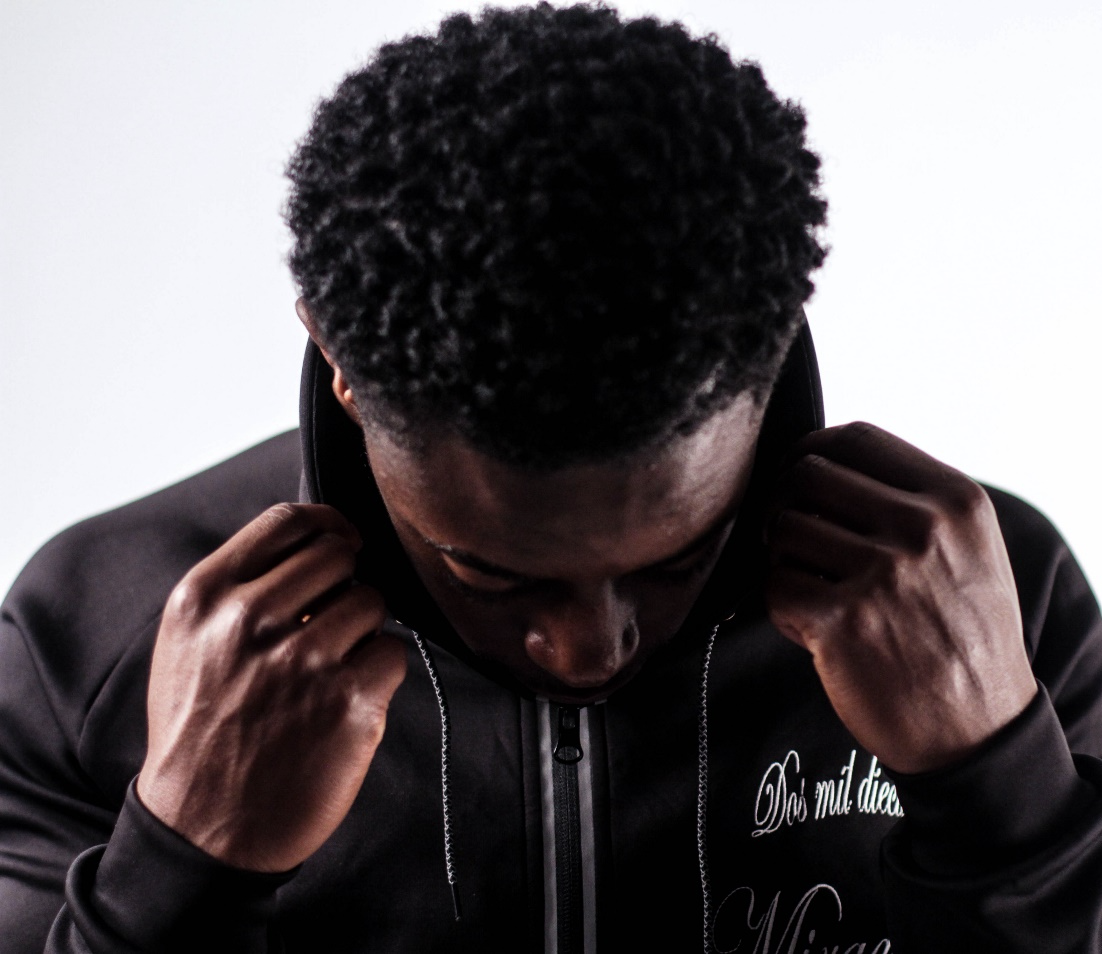
Uncomfortable because I realized in many respects until that point I never felt safe enough to share the personal hurt, the normalizing of unacceptable behaviours, the difficulties in detecting micro-aggressions, and the challenges in confronting and dealing with uncomfortable truths. For me, the essay demonstrated how much I/we internalize, and how often we don’t share painful experiences. In writing the article, my third for Our Human Family, I delved deeper into my psyche for the first time and attempted to write objectively and honestly about past events. The essay allowed me to pause and process many of these feelings and taught me that as much as you distance yourself from your past, you forever carry the emotional scars. Suppressing hurt or shutting yourself off from real-life experiences is a form of survival and it is not until you embrace the discomfort that you can fully heal.
OHF Weekly What is the one thing, one principle, you’d like for your readers to take with them from your body of work on racial equity and why?
Jesse All said and done, we are human and all worthy of love, hope, and happiness. I hope to convey this in my writing as I fundamentally believe no one has the right to impose their definition or restrict another’s happiness. There are many ways to be, and life always asks of us this one question: how will you live and embody love? When you understand love, you know within your heart that freedom and the right to be are fundamental tenets of what it means to be human.
. . . writing about equity and inclusion allows me to honour a commitment I made to do more and be better.
OHF Weekly With all that’s going on in the world, why do you still write about racial equity, allyship, and inclusion?
Jesse As I have grown older, I have started to appreciate and reflect on the people and decisions that came before me. I understand that as I write, I write with privilege, knowing that I am alive, safe, and loved by the people who matter.
When I think about the world that I want to live in and the world that I want to leave behind for future generations, I recognise that we are all change agents, like it or not. Our significance matters, and what we say and do always has an impact often far beyond what we can ever appreciate. I see we are first and foremost human, connected to the whole, and something far more significant than ourselves.
For this reason, and on a personal and individual level, writing about equity and inclusion allows me to honour a commitment I made to do more and be better. I am not built or ready to be an activist, but I know I want to live aligned to my values and truth.
OHF Weekly Jesse Wilson, thanks so much for your time and contributions to OHF Weekly.
Jesse It is an honour and pleasure to read and write with like-minded individuals knowing that there is a possibility it will make a difference to someone’s life.

Want more Jesse Wilson? Visit his profile page for links to his articles, poetry, and OHF Weekly issues where his articles are featured.
